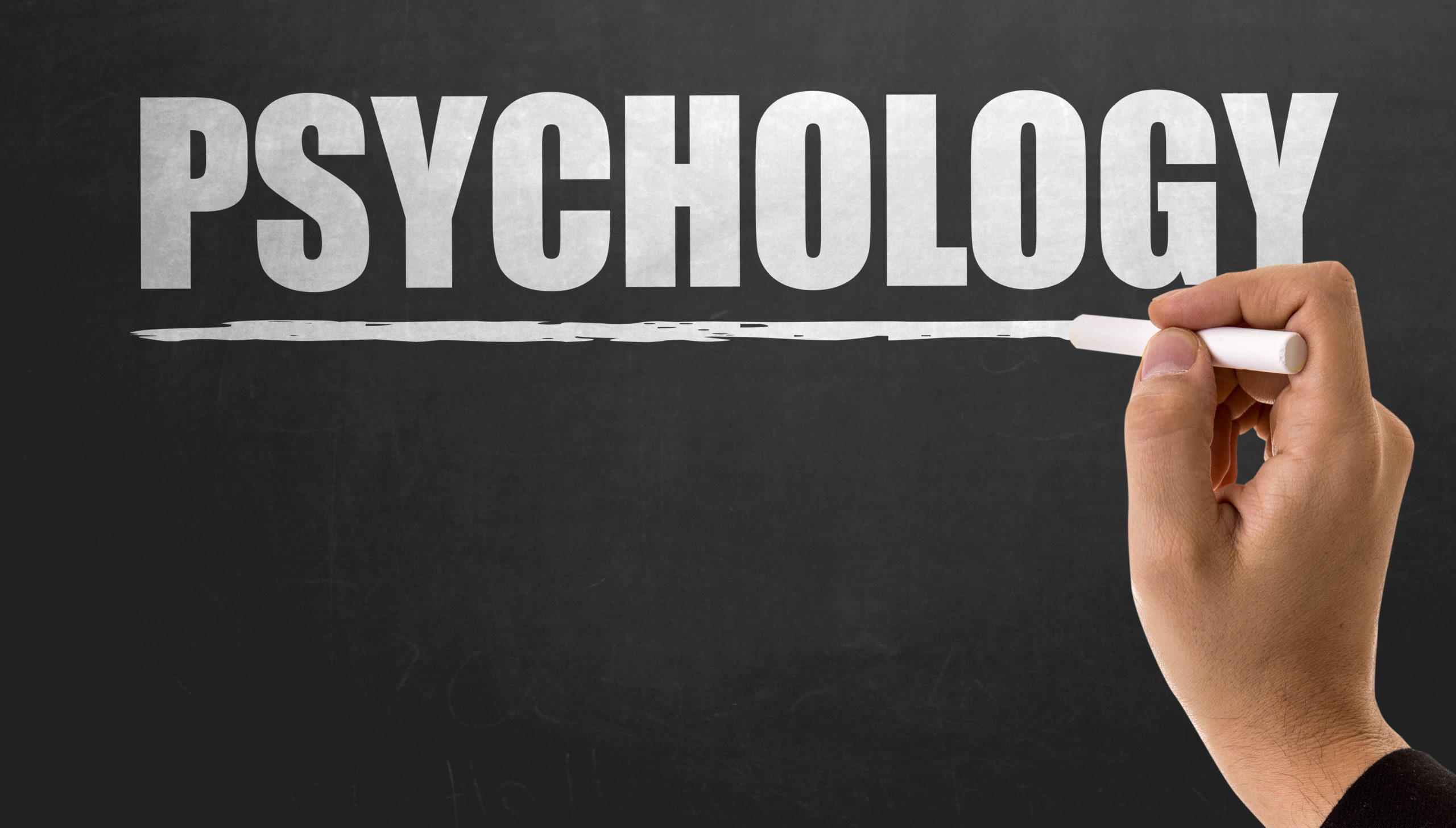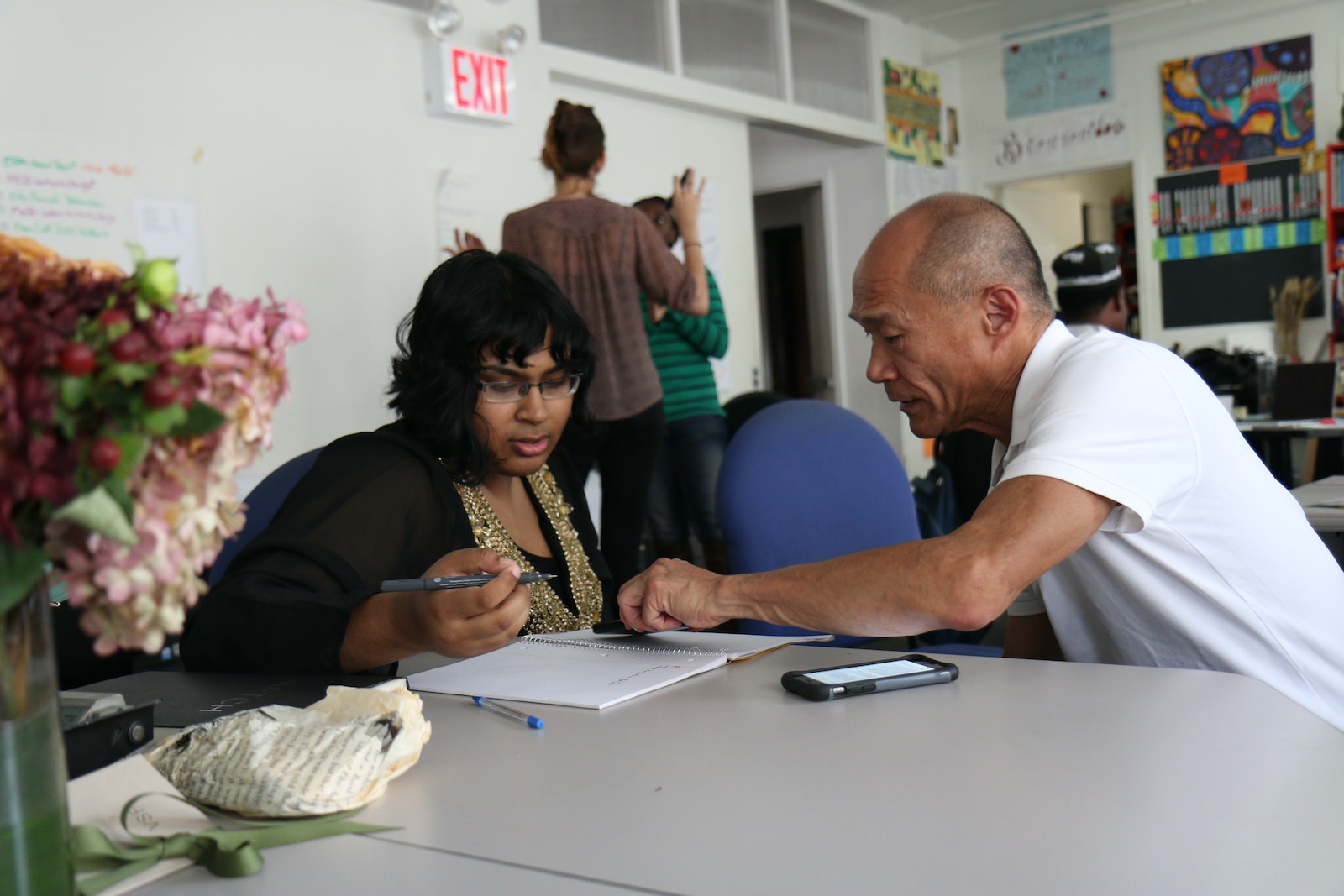Psychology & Counseling

Best Online Psychology Degrees
Want to take a deep dive into the psyche of human experience? Make it a career by earning a degree from one of the […]

Best Online Master’s in Addiction & Recovery
Be on the frontline helping address one of the nation’s most serious issues by getting your master’s in addiction & recovery degree online. With […]

Best Online Child Development Degrees
It takes a special person to work with future generations. Discover the 5 best online bachelor’s in child development below. A bachelor’s degree in […]

Best Online Master’s In Social Work
The first woman to receive a Nobel Peace Prize was a social worker, Jane Addams, known for establishing Chicago settlement houses in the early […]

Best Online Master’s in Human Services
If you have a desire to help people and your community in a substantial way, a degree in Human Services could be perfect for […]

Best Online Master’s in Psychology
If you’re fascinated by how humans deal with feelings, thoughts, emotions, and behavior, you’ll want to obtain either a Master of Science or Master […]

Best Online Master’s in Forensic Psychology
Combine your interests in crime, human behavior, and law by earning a degree from one of the best online master’s in forensic psychology programs. […]

Cheapest Online Psychology Degrees
A bachelor’s degree in psychology is among higher education’s most valuable and popular choices. This value and popularity stem from many reasons, not the […]

Best Online Master’s in Child Development
Invest in the future by transforming children’s emotional, intellectual, and physical potential. Earn one of the Best Online Master’s Degree in Child Development. So […]

What Can You Do With a Psychology Degree?
Jobs for Psychology Majors: an Introduction Considering a degree in psychology? Good choice. But is psychology a good major? Psychology, in fact, ranks among […]

What Is Shaping in Psychology?
Many think psychology is all about manipulating people’s behavior, but shaping in psychology has real-world applications. We have to remember that humans are complex, […]

Best Online Human Services Degrees
Finding the Best Online Bachelor’s in Human Services Degree is the first step to having the expertise necessary to untangle many of the world’s […]

Ultimate Guide to Human Services
Do you feel a calling to help people but are unsure where your skills might best fit? If this is you, here’s the good […]

Why Is Applied Psychology Important?
Psychology has many subfields and specialties. But those that work in psychology can be broken down into two categories: research psychology and applied psychology. […]

What Is Applied Psychology?
Psychology, which is the study of the human mind and behavior, is a fascinating field encompassing a range of subtopics. If you choose to […]

30 Best Online Master’s in Counseling
Perhaps you’re interested in helping people struggling with social, behavioral or psychological issues and want to facilitate the process of overcoming those obstacles. Or […]

Best Online Forensic Psychology Degrees
Interested in science and psychology but want to dig a little deeper? Check out the Best Online Bachelor’s in Forensic Psychology Degrees today! Forensic […]

Ultimate Guide to Psychology
To study psychology is to study the inner workings of the human mind. It’s to ask questions and seek answers about why we do […]

Best Online Addictions & Recovery Degrees
Be a part of changing people’s lives by helping those suffering from addiction by pursuing an online bachelor’s in addiction and recovery. Every once […]
